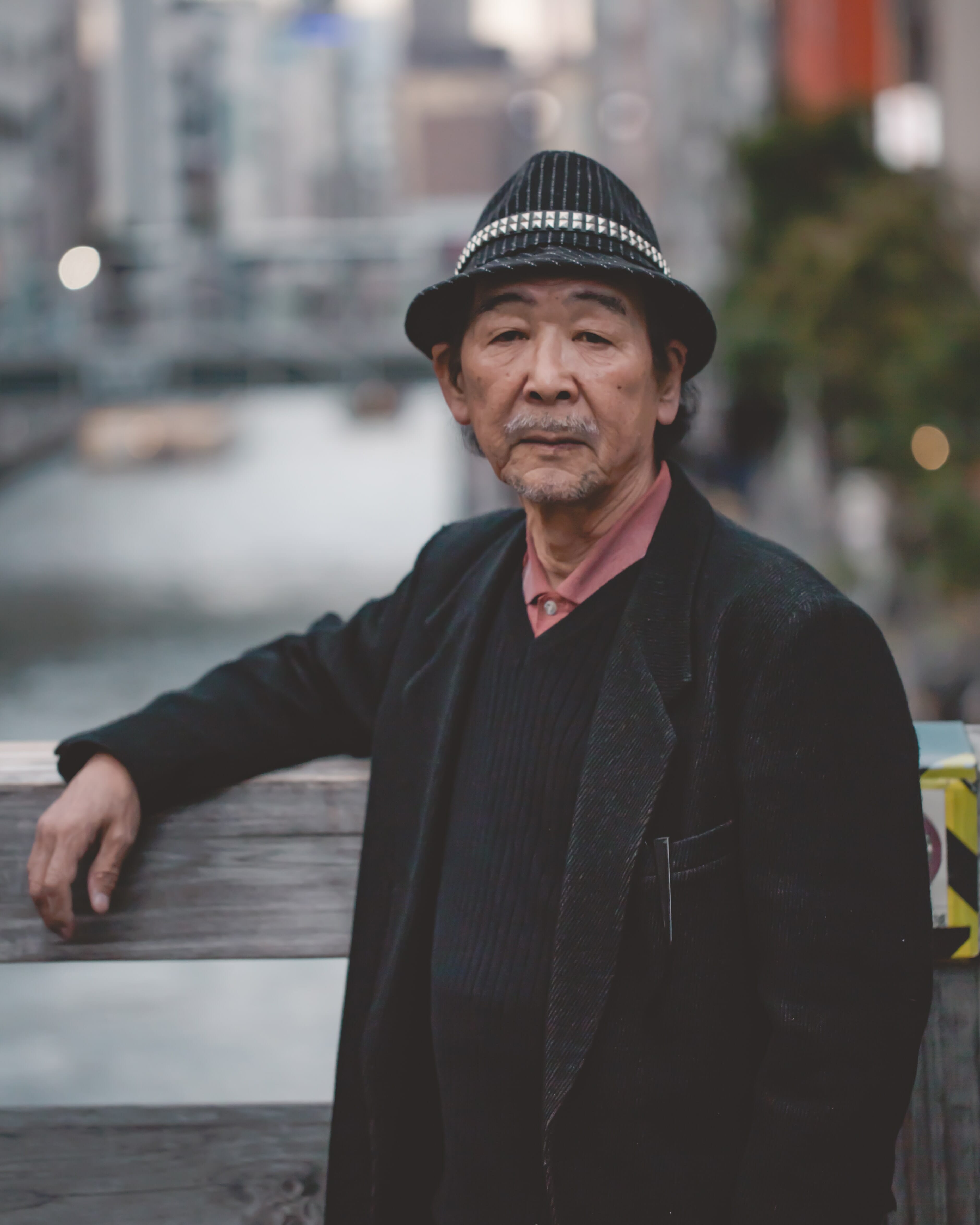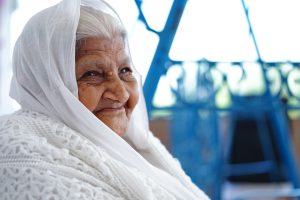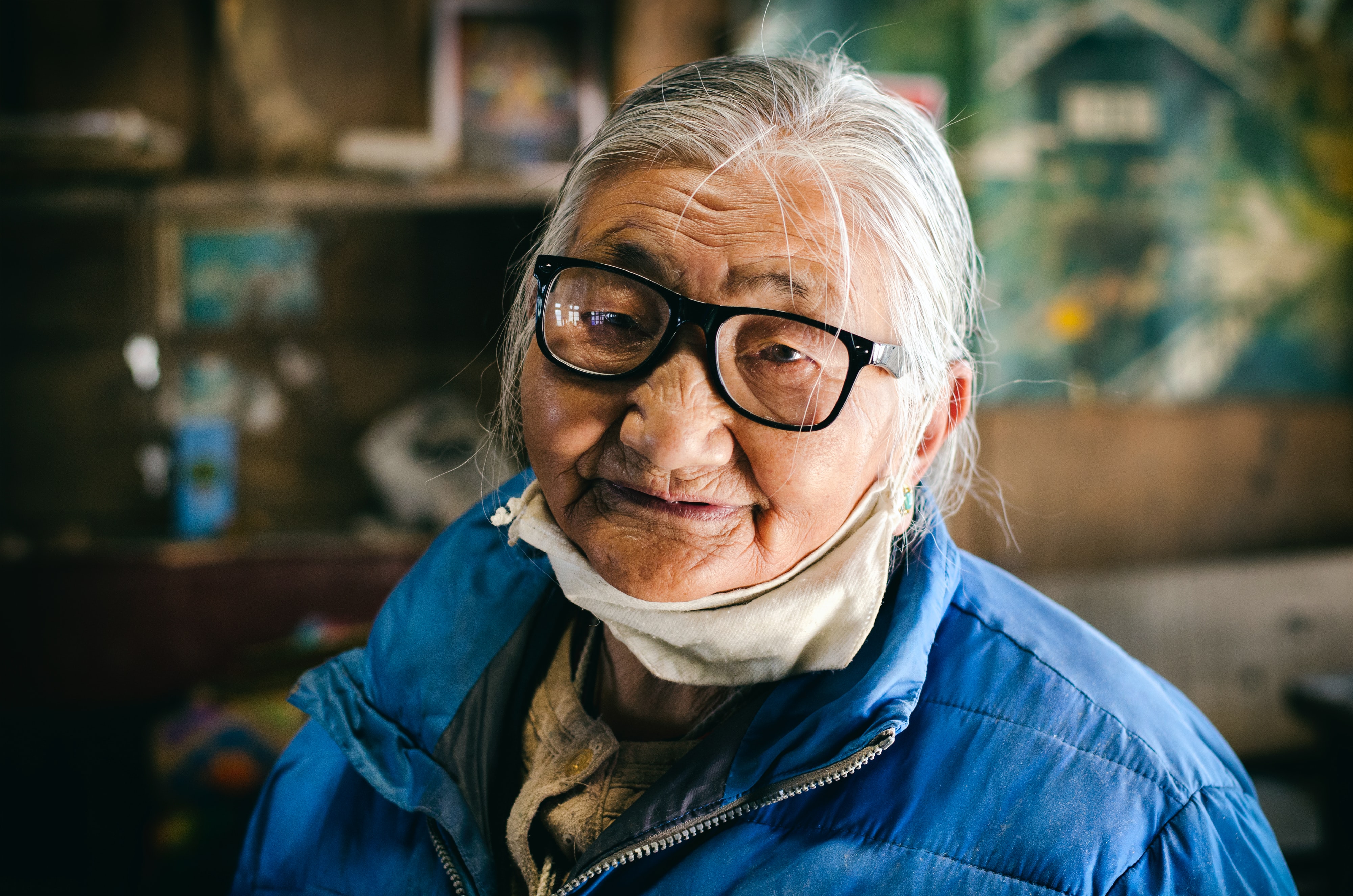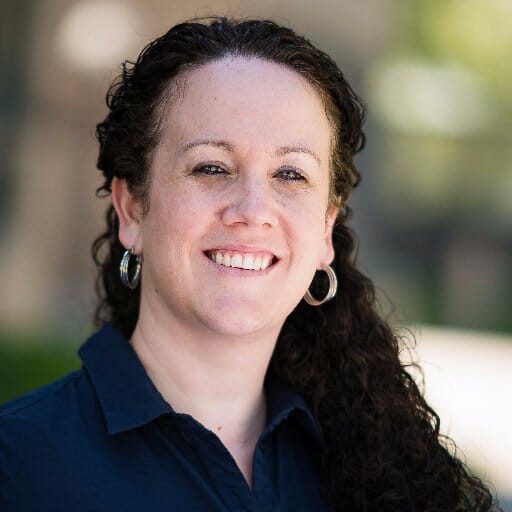Navigating Life Changes

“I struggle to explain who I am now, but I’m not done living life. There are lots of things that are important to me, like family, living a long and healthy life with my husband, and continuing to learn new things about the world, but these things don’t define me or explain my role. For now, I want to continue doing the things that interest me and spend time with my loved ones.”
– Tim
What is Ageing? Who are Older Adults?
 While these may seem like simple questions, ageing and what it means to be older is more complicated than it’s often presented.
While these may seem like simple questions, ageing and what it means to be older is more complicated than it’s often presented.
Older adults are the most diverse group. Just as our diverse backgrounds shape our lives from a young age, the impacts of that diversity becomes magnified with age. Early inequities in education, healthcare, and income can lead to differences in work and retirement opportunities, thereby influencing the lifestyle choices we make. While remaining socially and physically engaged promotes healthy ageing, previous disadvantages can impact the likelihood of developing chronic illnesses or disabilities.
What does it mean to age, and age well?
There are many different perspectives on understanding ageing, each with their opinion of what ageing well looks like. Viewing ageing as physical changes, biological ageing encompasses the physical changes taking place in our bodies, from our brain and muscles to the internal systems we can’t see. Biological ageing also refers to cellular changes, including changes to our DNA. To age well from this perspective means maintaining physical health. This can be achieved through regular activities that promote your health, such as regular visits to your doctor, or daily walks with a friend.
Governments and decision-makers rely on our age, or chronological ageing, when designing services for older adults like pensions, discounts, and health benefits. However, chronological ageing doesn’t account for the differences between individuals; as one 75 year old varies drastically from the next. That’s why the concept of functional ageing is important, which refers to age-related changes in how we manage everyday activities such as cooking, cleaning, and dressing. From this perspective, ageing well means actively maintaining independence in daily life activities. As our interdependent nature means that we all rely on each other for support, this perspective overlooks the ways in which we all require different supports at different times in our lives.
Biographical ageing is a view that focuses on how individuals understand their lives and generate meaning from a lifetime of challenges, successes, and changes. The growing field of narrative gerontology views the key to ageing well as our ability to create a meaningful story about the life we’ve lived.
We don’t only age individually — we also age as a group. The opportunities, expectations, and stereotypes about older people (a form of discrimination we call ageism) all affect how we age. Houses, workplaces, and cities are often planned without considering the unique needs of older adults, which creates barriers to participation. Those who study the exclusion of these structural needs are critical environmental gerontologists, who are interested in how environments shape ageing.
Considering all the aspects of ageing when working with older adults, occupational therapists help us grow through life transitions such as retirement, moving, losses, and becoming a grandparent. What it means to age well will look different for everyone, and occupational therapists are mindful to draw out the ideas and attitudes of every client to build a plan best suited to them.
What Are Life Transitions? Why Talk About Them?
To grow older means to experience many life changes. These changes can be developmental if they build up over time; situational, if they relate to a set of circumstances; or transformational, where one’s role is totally changed: such as the birth of a grandchild.
A life transition is the process of moving from one stable life stage, situation, or status to another. During this transition, we usually experience a sense of loss or alienation from what we are familiar with and previously valued.
While some changes may be unwanted, others are positive and welcomed. A life transition shows us that different ways are needed to deal with familiar, or new experiences. During this time, we often need to experiment with different ways of performing our roles. Life transitions bring changes to our identities, roles, and behaviours because they change the way we see ourselves and the world.
Life transitions take time. They span the period from the initial key event until we have acclimated to our new patterns and can re-experience harmony and stability again. It’s important to remember that everyone adjusts to transitions at their own pace. The process of finding stability can offer insights into coping abilities and grit, making future transitions more welcomed. The time needed to adjust depends on the type of change, the person(s) involved, and the degree to which the change affects our lives.
Occupational Therapists recognize that older adults experience many life transitions, which are inseparable from health and well-being. Occupational Therapists offer support in navigating these life transitions by helping older adults find new ways of interacting with valued activities. This way, they remain a part of the community; engaging socially, and continuing to become who they aspire to be.
How Can an Occupational Therapist Help Me Through Life Transitions?
For most older adults, the later stages of life are a time of ongoing adjustment punctuated with many changes or transitions. These changes affect how we do things, which occupational therapists call occupations. As we age, we may need to take on new occupations or change how we perform everyday occupations. Some changes are expected and may be easier to cope with. Others may be unexpected and perhaps unwanted; we may be required to adjust to a new role as a caregiver; identity such as retiree, or find new ways of interacting with the world, perhaps through the use of mobility aids. Adjusting to these new roles, identities, and ways of doing things is a key part of wellbeing that occupational therapists are trained to help with.
Although changes taking place later in life are often considered negative, there are significant positive transitions in which we reclaim lost identities, find a new understanding of our life, or take up new interests we didn’t have time for before, such as travelling, continuing education, or volunteering.
Occupational therapists are licensed healthcare professionals who find unique ways for each individual to engage in meaningful activities. This can be basic activities such as eating or bathing; more active roles such as going to work or volunteering; and activities that we find joy in, such as reading, going for walks, or playing chess.
The modules on this website were developed to show how occupational therapists help our older adults to remain active and meaningfully engaged through each of life’s transitions.
Where can I find an Occupational Therapist?
You can find occupational therapists in a variety of settings, from busy hospitals to private home specialists. Speak with your family doctor, home care coordinator, or healthcare professional about your needs, so they can refer you to the right occupational therapist. In many cases, your services will be free through OHIP, but private services are also available. Don’t wait until your activities become difficult, be vocal about your changing needs!

“I used to tease my siblings about going to my funeral, but here I am, 82 and driving everybody nuts. It’s hard to believe I’m 82. It seems so old, and it is, but I never expected to hit 82.”
– Mary


